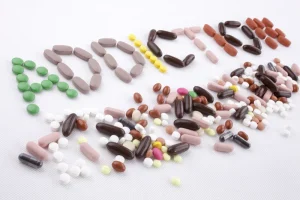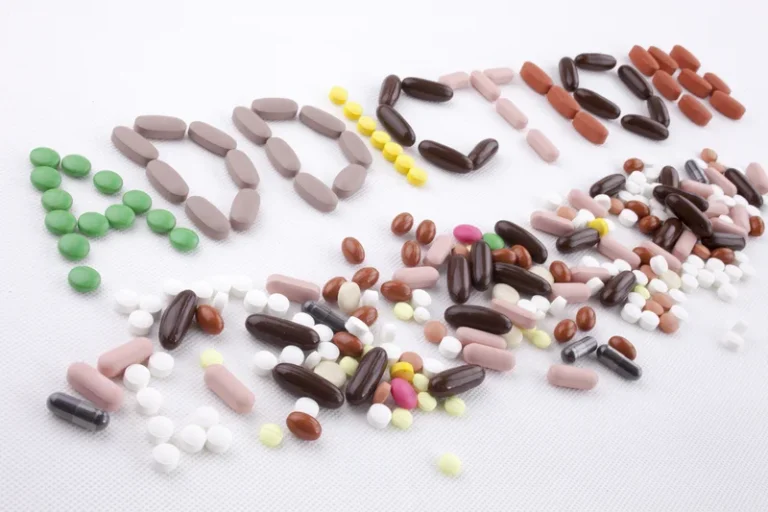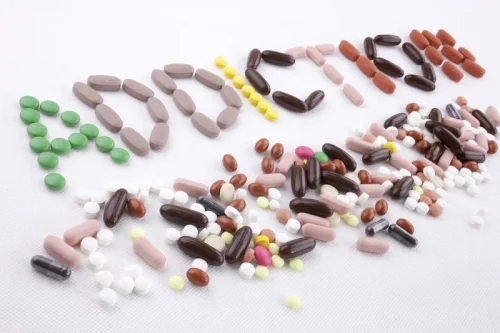
Nevertheless, the RI lines are all related to each other because they were derived from the same two progenitors. The RI approach can be a particularly cost-effective means to initially localize QTLs because the genotypes for many RI lines are known and readily available. Thus, an investigator only needs to test the trait(s) of interest in the animals of a set of RI lines and then correlate the trait results with the available genotypic data to identify putative QTLs. AUD doesn’t form because of a single gene, nor are genetics the only reason why someone develops an alcohol use disorder. In addition to the behavioral similarities between invertebrate and mammalian models, invertebrates use similar neurotransmitter systems, neuropeptides, synaptic proteins, channels and signaling processes to mediate ethanol-induced behaviors 46. In vertebrates, neuropeptide Y (NPY) signaling plays a role in alcohol intake and dependence 61,62.
- Our measures of brain responses in COGA subjects uncovered a connection to the chromosomal region containing the CHRM2 gene, which encodes a particular type of cholinergic receptor known as the M2 muscarinic acetylcholine receptor (CHRM2).
- Rather, in AUD, only about fifty percent of the risk appears to be attributed to our genes.
- Scientific American is part of Springer Nature, which owns or has commercial relations with thousands of scientific publications (many of them can be found at /us).
- Genes can play an important role, however, by affecting processes in the body and brain that interact with one another and with an individual’s life experiences to produce protection or susceptibility.
- In addition, a small fraction of ethanol is metabolized by cytochrome P450 2E1 (CYP2E1) and in the brain by catalase.
Do genetic traits affect the body’s reaction to alcohol consumption?
That comes down to a mixture of certain genes, is alcoholism inherited which include a randomness component related to the allele—or gene variant—we inherit. But when it comes to more complex human features, the connection to our genes is less clear. The impact of genes on behavior like alcohol use or even sexual orientation has long been the subject of scientific debate.

What gene is responsible for increased AUD risk?
Another neurotransmitter highlighted in the development of alcoholism by the study of endophenotypes is acetylcholine, which, like GABA, affects neurons widely distributed through the central nervous system. Neurons that respond to acetylcholine–described as cholinergic neurons–also have an important role https://ecosoberhouse.com/ in modulating the overall balance between excitation and inhibition in the brain. Our measures of brain responses in COGA subjects uncovered a connection to the chromosomal region containing the CHRM2 gene, which encodes a particular type of cholinergic receptor known as the M2 muscarinic acetylcholine receptor (CHRM2). For instance, a growing body of research has revealed that some variants of genes that encode cell-surface docking sites for the protein GABA (gamma-aminobutyric acid), which carries signals between certain nerve cells, increase vulnerability to alcoholism.

Health Costs of Alcohol Abuse

The DRD2 gene was the first candidate gene that showed promise of an association with alcoholism. A review of studies from 2020, which looked at a genome-wide analysis of more than 435,000 people, found 29 different genetic variants that increased the risk of problematic drinking. Gene therapy is an experimental treatment in which normal genes are introduced into the body’s cells to correct or modify the cell’s function.
- D Venn diagram shows DEGs shared between AUD and OUD1 (blue) along with exclusive DEGs for AUD (green) and OUD1 (orange).
- ADH1B and ALDH2 may also protect against both alcohol consumption and alcohol use disorder.
- We then assessed the expression status of the genes encoding exclusive and shared upstream modulators within AUD and OUD1 groups.
- Alcohol use disorder (AUD) is a condition where it’s difficult to stop drinking alcohol, even when it affects your work, relationships, and health.
- About half of your susceptibility to developing a substance use disorder (SUD) can be hereditary.
There is also value, however, in supporting individual self-knowledge as it pertains to susceptibility so that people can make informed choices for themselves and in shaping a culture that regards this as a positive goal. These findings reinforce the notion that there are different paths to alcohol dependence and different physiological pathways underlying them. The ADH risk variants may contribute to the development of alcoholism directly by promoting heavy drinking, whereas the GABRA2 variants predispose a person to conduct problems, which are themselves a risk factor for alcoholism. Meanwhile CHRM2 may act through depression and other internalizing symptoms to foster drinking. Neurons that bear GABA receptors are especially abundant in the brain’s frontal cortex, where a generalized loss of inhibition can cause seizures, and seizure disorders are commonly treated with medications that boost GABA activity, promoting inhibition.


